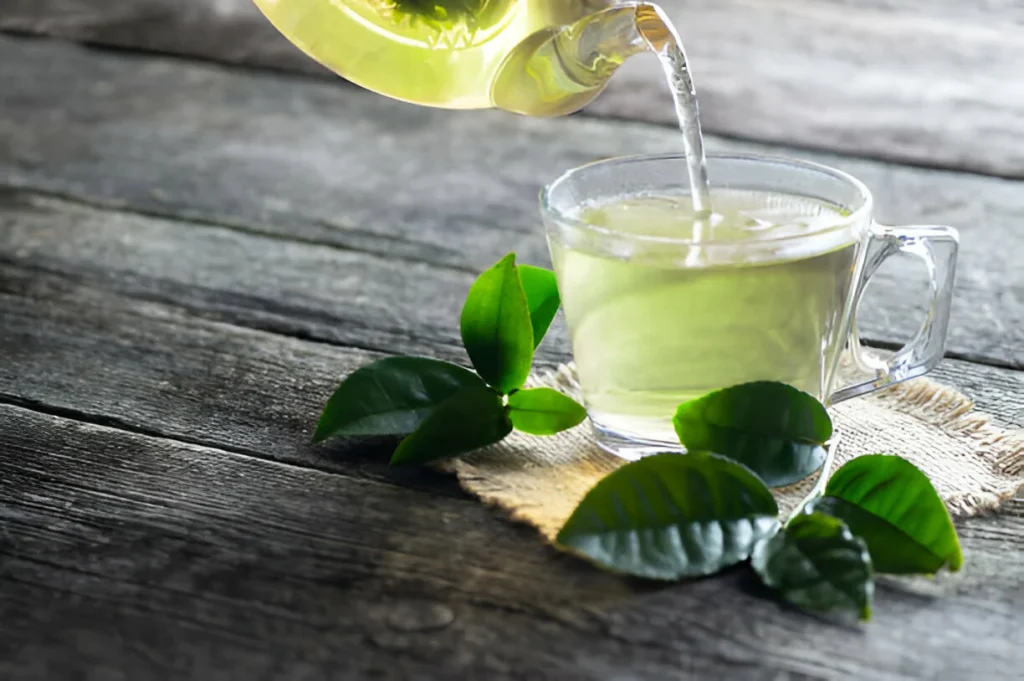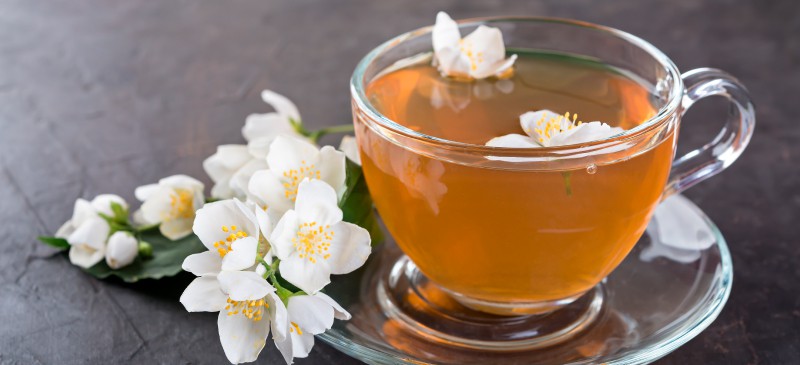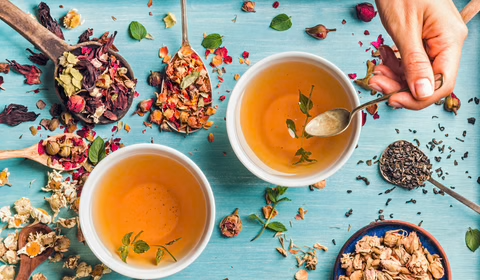The “best” tea for you depends on your health goals, personal preferences, and specific needs. Different teas offer unique benefits due to their distinct profiles of antioxidants, vitamins, and other compounds. Here’s a breakdown of some popular teas and their potential benefits:
1. Green Tea
- Key Benefits: High in antioxidants (catechins like EGCG), green tea can support heart health, improve brain function, and assist in weight management. It may also reduce cancer risk.
- Best For: People looking for a metabolism boost, improved focus, or general health benefits.
- Caffeine Content: Moderate.
2. Black Tea
- Key Benefits: Rich in flavonoids, black tea promotes heart health, may lower cholesterol levels, and supports gut health by encouraging healthy gut bacteria.
- Best For: Individuals seeking a more robust flavor with energy-boosting properties.
- Caffeine Content: Higher compared to other teas, but less than coffee.
3. White Tea
- Key Benefits: As one of the least processed teas, it retains high levels of antioxidants and has a delicate flavor. It supports skin health and may protect against premature aging.
- Best For: Those seeking gentle flavor with anti-aging and skin benefits.
- Caffeine Content: Low.
4. Oolong Tea
- Key Benefits: Combines the qualities of green and black teas. It helps with digestion, metabolism, and fat burning. Also known to stabilize blood sugar levels.
- Best For: Weight management and people with diabetes.
- Caffeine Content: Moderate.
5. Herbal Teas
Herbal teas are caffeine-free and come in various blends with specific benefits:
- Chamomile: Promotes relaxation, reduces anxiety, and aids sleep.
- Peppermint: Supports digestion and relieves headaches.
- Hibiscus: Rich in Vitamin C, helps manage blood pressure and supports the immune system.
- Ginger: Fights inflammation, supports digestion, and soothes nausea.
- Rooibos: Packed with antioxidants, it supports heart health and may improve skin conditions.
6. Matcha
- Key Benefits: A powdered form of green tea with concentrated antioxidants. It provides a sustained energy boost, supports detoxification, and aids focus.
- Best For: Energy boost and detox.
- Caffeine Content: Higher than regular green tea.
7. Pu-erh Tea
- Key Benefits: A fermented tea known to improve digestion, lower cholesterol, and promote weight loss.
- Best For: People focusing on digestive and heart health.
- Caffeine Content: Moderate.
Tips for Choosing the Right Tea
- For Relaxation: Opt for chamomile, peppermint, or rooibos.
- For Energy: Choose green tea, matcha, or black tea.
- For Health Support: Hibiscus, ginger, or white tea can help target specific concerns.
- For Weight Management: Go for green tea, oolong, or pu-erh.
The best tea for you depends on your specific health goals, preferences, and any dietary restrictions or medical conditions. Here’s a general guide based on potential benefits:
1. For Relaxation and Stress Relief
- Chamomile Tea: Known for its calming properties, chamomile can help reduce stress and improve sleep quality.
- Lavender Tea: Often used for relaxation and to alleviate anxiety.
2. For Energy and Focus
- Green Tea: Contains caffeine and L-theanine, which improve alertness and focus while providing a calming effect.
- Matcha: A powdered form of green tea with a higher concentration of antioxidants and caffeine for sustained energy.
3. For Digestion
- Peppermint Tea: Helps soothe an upset stomach and aids digestion.
- Ginger Tea: Can alleviate nausea, bloating, and indigestion.
4. For Weight Management
- Oolong Tea: May boost metabolism and aid in fat burning.
- Pu-erh Tea: Traditionally used for digestion and weight management.
5. For Immune Support
- Elderberry Tea: Rich in antioxidants and known for its immune-boosting properties.
- Echinacea Tea: Commonly used to prevent colds and boost immunity.
6. For Heart Health
- Black Tea: Contains flavonoids that may help reduce blood pressure and improve cholesterol levels.
- Hibiscus Tea: May lower blood pressure and improve heart health.
7. For Anti-Inflammatory Benefits
- Turmeric Tea: Contains curcumin, a powerful anti-inflammatory compound.
- Rooibos Tea: High in antioxidants and may help reduce inflammation.
No single tea is “best” for everyone, but incorporating a variety of teas into your routine allows you to enjoy diverse health benefits while catering to your preferences.





